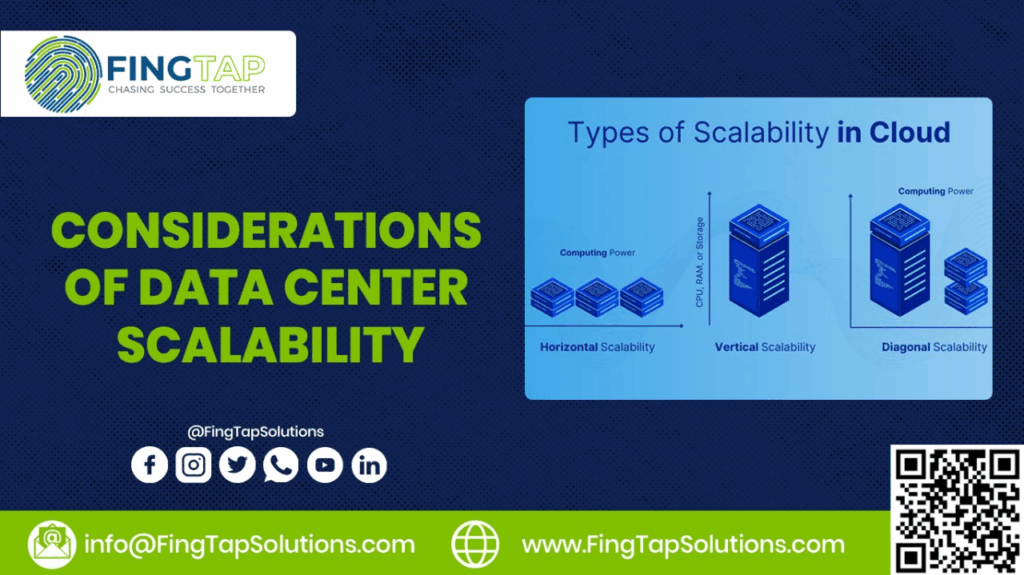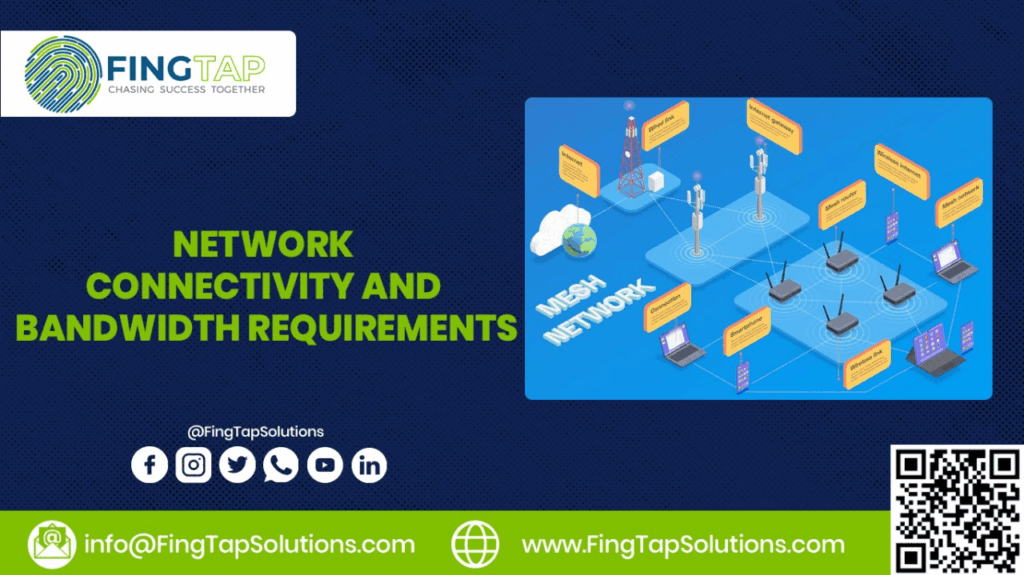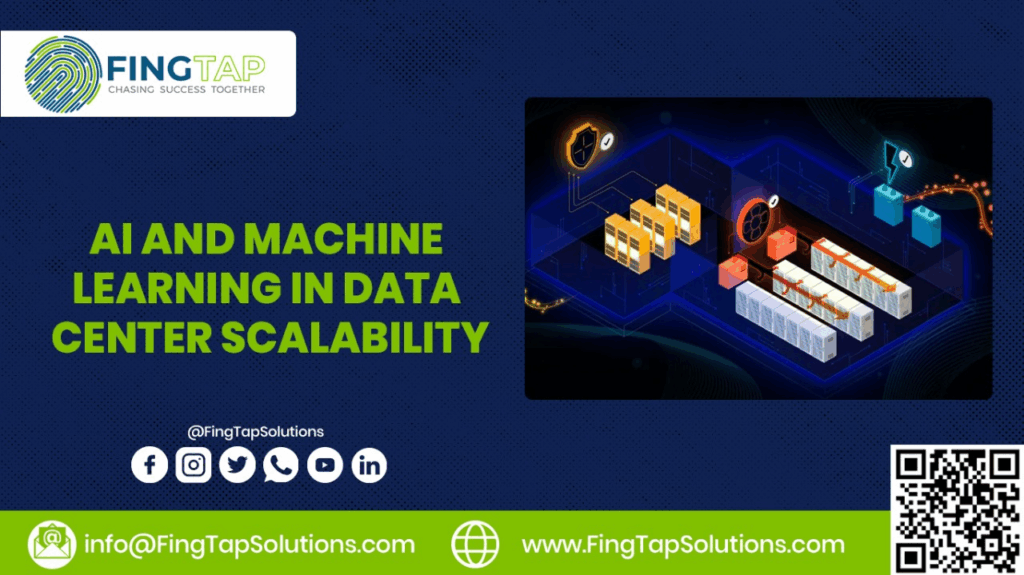Introduction:
In today’s rapidly evolving technological landscape, data centers play a vital role in supporting the infrastructure that powers businesses and organizations worldwide. Energy addresses important concerns such as information security and emerging technologies.
Managing Data Center Growth:
As businesses expand, so do the demands on data center resources to ensure that the core can accommodate growing workloads. Scalability becomes a key consideration for every cloud-based dynamic and Delivers scalable environments that allow organizations to adjust their resources based on changing needs. This adaptability is especially valuable in managing unexpected increases in user traffic or server load.
Considerations of Data Center Scalability:

The utility of this in data centers includes not only expanding the physical infrastructure but also ensuring that the underlying systems can seamlessly handle the increased workload. These indices reduce the need for investment and reduce the risk of underutilized resources during periods of low activity.
Rising Energy Consumption:
The increasing digitization of business and the increasing reliance on data sentencing are also driving the growing craze for cloud computing, which is increasingly influencing the design and sustainable practices of efficient data centers. It enables machines to run on a single physical server and helps reduce overall work loads.
Ensuring Data Security and Privacy:
Security is a key concern for businesses entrusting their data to cloud servers, whether in data centers on-premises or in clouds, implementing strong security measures for sensitive information services in clouds to ensure data privacy integrity and availability. Certifications from suppliers and compliance are huge investments.
Infrastructure Upgrade Costs:
Conventional data centers often run on expensive hardware associated with upgrades and maintenance. On the other hand, cloud servers operate on a pay-as-you-go model, reducing the financial burden of infrastructure upgrades. The approach allows businesses to focus on innovation rather than managing resource allocation efficiently.
Server Loads and User Traffic:
Server architectures that fluctuate in server traffic pose challenges for maintaining optimal performance in data centers. This flexibility is particularly seasonal or unpredictable, allowing them to improve resource utilization and cost-effectiveness.
Storage Solutions and Asset Management:
Efficient storage solutions are critical to managing the vast amount of data in data centers. Cloud providers offer zero-cost, cost-effective storage solutions such as network-persistent storage and storage area networks, as well as cloud-based applications. Resource management tools help organizations monitor and optimize their resources, thereby increasing overall operational efficiency.
Network Connectivity and Bandwidth Requirements:

Strong network connectivity is essential for seamless operations in data centers. Cloud services provide high-speed and reliable network infrastructure to reduce latency and ensure responsive access to applications and data based on demand-based bandwidth requirement, which offers flexibility and efficiency in managing network resources.
AI and Machine Learning in Data Center Scalability:

Artificial intelligence and machine learning technologies are revolutionizing data center management. AI-powered automation enhances predictive maintenance. Hardware component debt improves thermal efficiency and reduces downtime. Machine learning. Algorithms can also map data to predict future resource needs, facilitating redundancy and resource allocation.
Virtualization:
Virtualization is a core technology in modern data centers that enables the creation of virtual instances of resources as a service, storage, and networking. Also plays an important role in robust virtualization planning.
Design and Deployment:
deployment strategy is essential to the success of data center cloud services. Edge locations for strategic placement increase the overall efficiency and sanity of the cloud service.
Conclusion:
Cloud service management in the core infrastructure of data centers has brought about a paradigm shift in the way Crowbar manages and uses its IT resources, from flexibility and energy efficiency to security and emerging heat technologies. As the digital landscape continues to evolve to address challenges that are being addressed through cloud solutions, collaboration between data centers and cloud services will play a significant role in shaping the future of technologies and business operations.
FAQs
What are Data Center Cloud Services?
Data center cloud services refer to computing resource storage and applications delivered over the Internet by cloud service providers.
What types of cloud services are offered in data centers?
Data centers offer various cloud services including Infrastructure as a Service Platform as a Service and Software as a Service Provides virtualized computing resources Provides a platform for application development Provides and provides software applications over the Internet.

